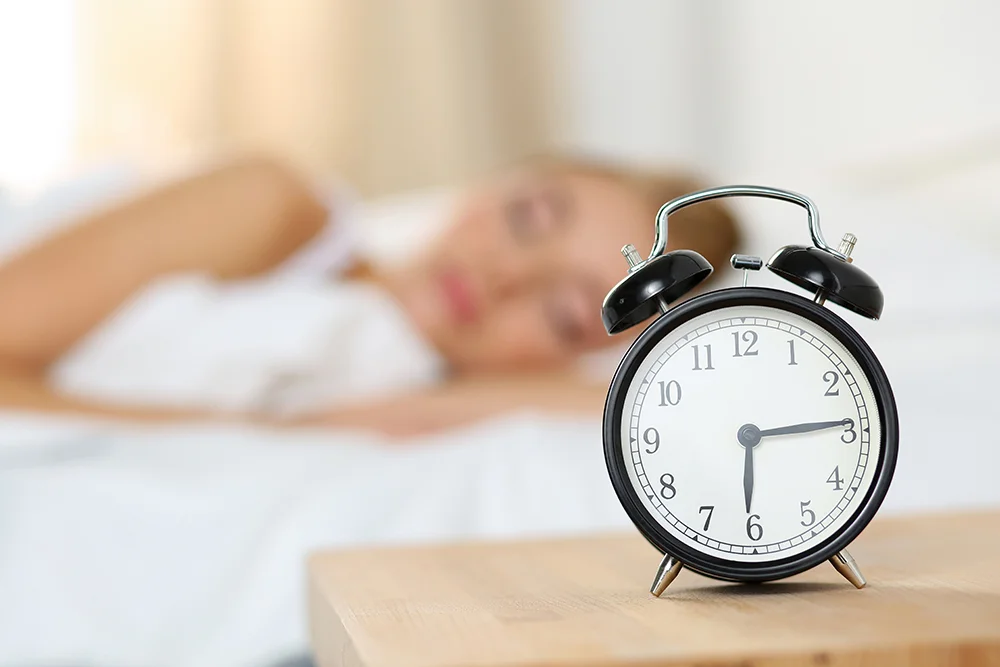For most athletes, our healthy daily lifestyles play just as big a role as our fitness training in determining our performance on race day. One of the lifestyle choices that dedicated athletes embrace is adopting good sleep habits.
Sleep is such an important factor in how we run. Studies have shown that for the endurance athlete, even minimal sleep deprivation can cause negatively impact our performance on race day. Even though sleep deprivation has little effect on physical strength, it is linked to grogginess, difficulty thinking, and agitation, which can crank up the difficulty on race day. How can you optimize your sleep hygiene to increase performance during your run, bike, or swim? Here are some tips that will help you fall into a sleepy groove.
1. Repeat after me: Regularity
A regular sleep schedule is perhaps the most important component of good sleep hygiene that will promote a good race. This means, more specifically, waking up and going to bed at the same time each morning and night. Some marathoners travel long distances, or across time zones, to their race locations. To prepare for this, allow yourself a few days to gradually adjust your sleep schedule so you get the same amount of sleep each night and don’t suffer from jetlag on race day.
2. Know Your Number: The Amount Counts!
The difference between 6 hours of sleep and 8 hours of sleep can be the difference between going home with the gold or with the bronze. The most widely accepted figure is 8 hours of sleep each night, but everybody has a different ideal. One way to know how much sleep you need is to catch up on your sleep over a few days: go to bed, and don’t set your alarm clock. Keep track of what time you go to sleep and what time you wake up. Generally, by the third or fourth day of this practice, you’ll have pushed the reset button on your sleep cycle, and you’ll know how much sleep you need.
3. Cool down: Best Practices Before Bed
Your pre-bedtime ritual is vital to enhancing the quality of your sleep. Make sure to refrain from using your bed for work or browsing the web – being too productive under the covers can cause mixed signals in your brain when it’s time to close your eyes. Turning off electronics and relaxing in bed with a quiet activity like reading can help your brain prepare for sleep. Additionally, evidence suggests that exercise right before bed raises your body temperature and pumps up your adrenaline; both of these can contribute to sleeplessness or poor quality of sleep.
4. Light, Heat, & Sound: The Environment Factor
The environment around you while you sleep contributes to the quality of your sleep in many ways. Darkness – as much as you can stand – will help you produce melatonin, which is known to regulate your biological clock. Light interferes with the production of melatonin, and disrupts peaceful sleep. A cooler environment will also help you sleep well – lowering the body’s temperature signals to your brain that it’s time to fall asleep, and you will fall asleep faster and get more rest in a cooler room. Lastly, sounds like car horns or barking dogs that interrupt sleep can really lead to a decrease in how rested you are. A white noise machine, or ambient soundtrack playing, can help mask these sounds.
Following these directions and finding your body’s own groove will help you stay alert and clear on race day. Sweet dreams!

